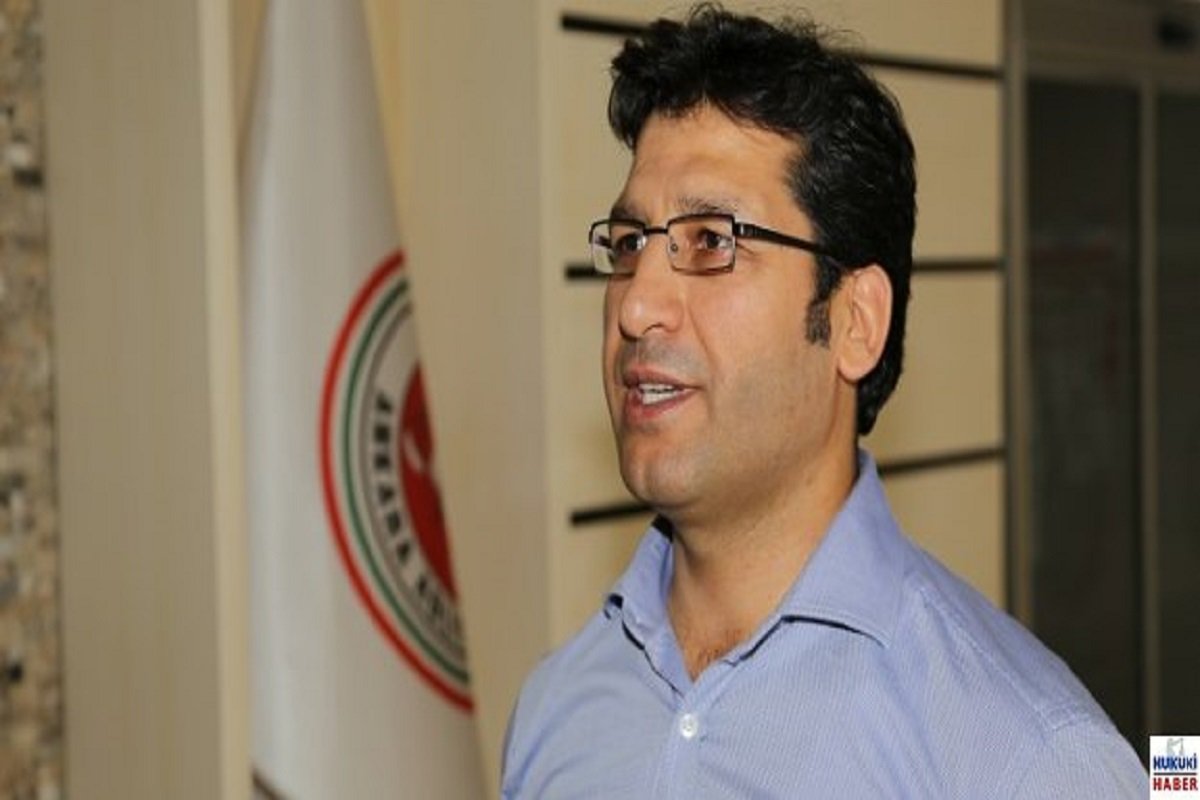A criminal complaint filed by female journalists who were detained on October 29 and claim to have been strip-searched at Sincan Prison in Ankara was declined by the city’s chief prosecutor’s office.
According to a report by the Mezopotamya news agency, five female journalists working for the pro-Kurdish JINNEWS and Mezopotamya news agencies who were detained in Ankara told their lawyers that they were subjected to a strip-search on the day of their detention and that they had filed a complaint about the incident.
In its response to the complaint, the prosecutor’s office stated that the practice was in line with regulations and that there were no violations of the law.
The search was conducted “without touching the person with bare hands,” the prosecutor’s office added.
The five female journalists were among nine were detained on October 29.
Kurdish journalists in Turkey frequently face legal harassment, stand trial and are given jail sentences for covering issues related to Kurds and the outlawed Kurdistan Workers’ Party (PKK), considered a terrorist organization by Turkey and much of the international community.
According to Turkish legal and preventative search regulations, strip-searches can only be conducted in exceptional cases, such as when there are credible indications that the person has contraband materials on them. In such cases the search must be conducted in a manner so as not to humiliate the person and as quickly as possible. When there is a credible suspicion that something is hidden in the person’s body, officers are required to ask the person to remove it themselves and inform them that if they disobey, the removal will be done by the prison doctor.
The European Court of Human Rights has found strip-searches to constitute degrading treatment when not justified by compelling security reasons and/or due to the way they were conducted.
But the practice has been used frequently by Turkish security officers against people suspected or convicted of political crimes, especially since the coup attempt in July 2016.















